Is unnecessary rudeness tolerated in your workplace?
- Have you ever been shouted at during a meeting?
- Repeatedly been ignored, interrupted or criticised by a colleague?
- Had your opinions or concerns brushed off or dismissed because of your gender, status or work role?
- Received an ‘ALL CAPS’ email or an answer that just ignores your questions?
Workplace incivility is a low intensity mistreatment that is the most common form of interpersonal conflict in the workplace.
What is Incivility?
Incivility can be defined as mistreatment and behaviours with an ambiguous intent to harm the target that is characteristically rude, discourteous and which violates norms for mutual respect. The toxic effects of such rude behaviours are difficult to address, raise to resolve with the other person, and difficult to stop once started because of this ambiguity of intent . You are not really sure if the rudeness was intentional or just a mistake.
You might question:
- Was I deliberately not invited to the meeting or was it just an oversight?
- Does this person really have a malicious intent behind their behaviour or am I being oversensitive?
- How can I raise this with my manager without sounding difficult and will they take this seriously?
Workplace incivility is toxic
Organisational psychologist, Dr. Lauren Park, reviewed the literature about workplace incivility and noted that some research estimates are as high as 98% of employees have experienced some sort of incivility. Incivility can impact staff retention. A poll of 800 workers published in the Harvard Business Review found 12% of respondents left their job due to uncivil treatment. The impact to individual wellbeing and teamwork can be significant.
You might find yourself:
- Ruminating and trying to second guessing about the reasons behind these incidents?
- Question your professional judgement and worry about what you did wrong?
- Feel so anxious about not making another mistake, (though you are not sure what that was), that you feel exhausted and end up avoiding the offender?
Incivility is an indicator of underlying problems
Rudeness in the workplace is often an indication of other more serious problems in workplace culture, job related stress and work satisfaction.
People experiencing increasing job-stress, burnout or negative opinions of the workplace were more likely to instigate uncivil behaviours. High levels of job-related wellbeing are a good indicator of organisational resilience against incivility.
This is not bullying and harassment
The confidence to have difficult conversations and resolve issues when a person’s behaviours decline is something most people lack. The skills to address conflicts arising from rudeness and are an essential component of every manager’s tool kit and workplaces need to be aware of the importance of investing in this.
Workplaces need to invest in training and coaching to ensure managerial can recognise and respond to low intensity but highly disruptive and uncivil behaviours.
How do you support complainants and ensure these issues can be properly addressed?
Do you feel confident to address issues of rudeness in your workplace and explore if there are more serious underlying matters to be addressed?
Make sure your leaders and work teams have the best
available practical skills and knowledge
Building Conflict Confidence workshops and coaching services are tailored to effectively respond to emerging tensions within your organisation and proactively address inter-personal conflicts before costly damage is done.
Elizabeth Williamson Solutions offers in-person and on line bespoke coaching and training in proactive conflict management skills and consultancy to diagnose underlying problems contributing to interpersonal incivility.
Call Elizabeth now on 0400 219120 and ensure your workplace is ready for a respectful year ahead.


